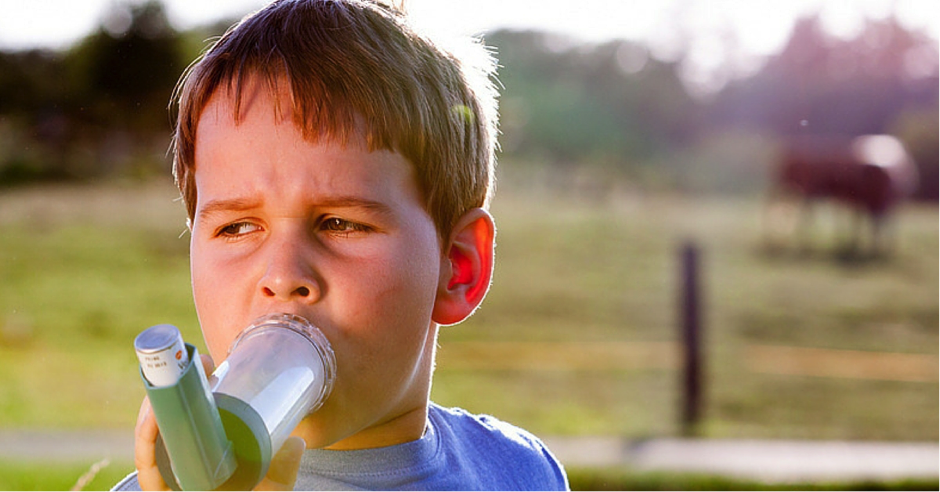The latest data released by the Australian Bureau of Statistics suggest that only one-third of Australians are eating the recommended number of servings of fruits per day. Fruit should be an essential staple in your daily diet as they are naturally good foods and contain both vitamins and minerals which can help you stay healthy. In fact, fruits are even able to protect you against some illnesses and diseases. Fortunately, as there are so many fruits available, there are countless ways in which you can prepare, cook and serve them to add to a well-balanced diet!.
Both fruits and vegetables contain phytochemicals. These are biologically active substances which are responsible for protecting you against diseases. Scientific findings suggest that by eating a lot of fruit daily you can reduce your risk of;
- Stroke
- Cardiovascular diseases – however fruits must be consumed whole and not supplemented
- High blood pressure
- Type 2 diabetes
- Cancer
Eating Fruits Can Reduce Your Risk Of Developing Diabetes
Research published in 2016 found that having a diet which is rich in both fruits and vegetables can reduce an individual’s risk of developing Type 2 diabetes. The Harvard researchers analysed the data of three previous studies with a total of 200,000 participants over twenty years in the USA. They found that diets which are rich in plant foods and lower in animal foods are associated with at least a 20% reduction in the risk of Type 2 diabetes development.
Researchers also found that consumption of a plant-based diet in less-healthier plant foods such as refined fruit juices was associated with a 16% increased risk of diabetes. This study highlights the importance of considering the quality of the plant food which is consumed.
In addition to these findings, researchers speculated that the high fibre and low-calorie content of fruits could help to reduce disease risk by promoting healthy weight loss.
High Fruit Consumption Can Reduce Your Risk Of Developing Breast Cancer
A different study from Harvard in 2016 followed 90,000 participants over twenty years and found that those who consumed a large amount of fruit during their adolescence appeared to have a 25% lower risk of developing breast cancer in their middle age. In particular, a greater consumption of apples, bananas, grapes and oranges has been linked with a significantly reduced risk of breast cancer.
It is thought that both fruits and vegetables can protect against breast cancer. However, the evidence is conflicting and more research is required. Many studies have focused on intakes during midlife which is the period in which breast tissue is most vulnerable to carcinogenic influences.
To get the maximum amount of benefits and nutrients from eating fruits, you need to eat a variety of fruits. An excellent way to do this is by only buying fruits which are in season and look for both freshness and quality when buying.




